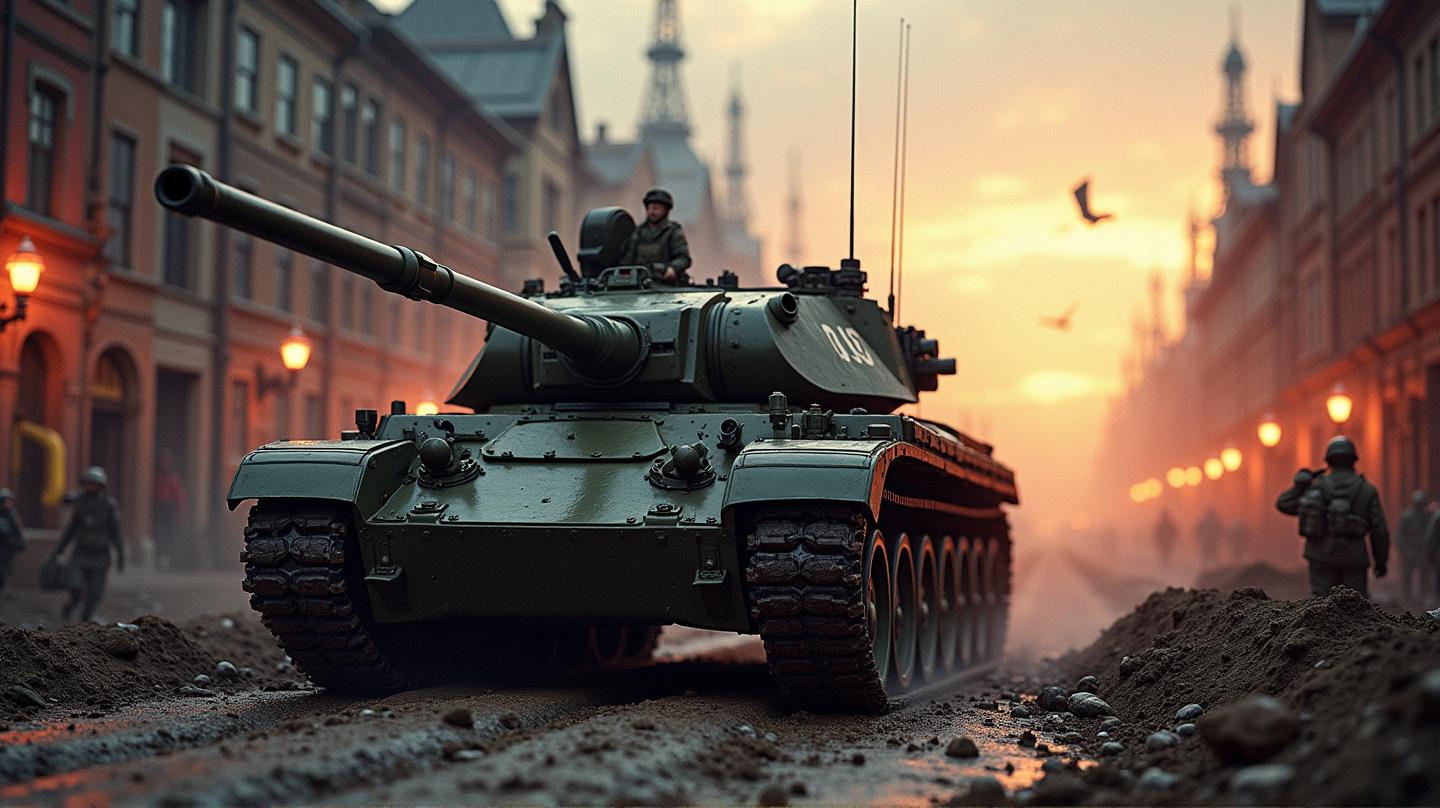Germany's Defense Spending: Economic Salvage or Sinkhole?
Germany’s substantial military investments spark debate on their true impact on economic vitality.

Germany sits on the precipice of a historic transformation. As lawmakers cleared a path for unprecedented defense spending to fortify the nation’s military, questions about the broader economic ramifications swirl. Will these hefty expenditures reinvigorate the economy, or will they falter in their promise?
The Economic Gamble: More Gain or Pain?
With leaders like Chancellor Friedrich Merz aiming to mold the Bundeswehr into Europe’s mightiest conventional force, defense spending has surged beyond the imagination of past decades. This move delighted manufacturers like Rheinmetall, whose shares skyrocketed from €59 to over €1,700 in five years. It seems the arms industry is thriving. Yet, this governmental spending spree leaves economists ambivalent.
While experts like Oliver Dörre of Hensoldt herald the military investment as an unmatched economic stimulus, others remain wary. Experts such as Tom Krebs of the University of Mannheim view this militarization as a double-edged sword offering minimal economic returns. According to DW, the optimism around economic boosts is met with skepticism, intimating a need for caution.
Defense Spending: Insurance Policy or Liability?
The value of defense spending faces scrutiny. Military assets like tanks often sit idle until emergencies, akin to insurance that produces no direct economic output. Their safeguarding role contradicts infrastructure investments where tangible returns in increased productivity and employment are evident. Should the future necessitate military engagement, these perspectives may shift, critiquing economic returns outside this context.
Industry Transformation and Economic Ripple Effects
Germany’s defense focus invites industries beyond traditional arms manufacturers to join in. Companies suffering under economic strain—such as Deutz AG, known for engines used in numerous industries—explore new profits in military production. Similarly, Volkswagen may pivot its waning operations to cater to military equipment manufacturing, suggesting a possible partial salvation for the broader economy.
Infrastructure Versus Militarization: A Fine Balance
The rich German debate indicates that expanding defense capabilities alone may not suffice for vigorous economic recovery. While arms suppliers enjoy burgeoning orders, broader societal needs—such as investments in education and infrastructure—offer more substantial returns, transforming spending into robust economic growth tailored for civilian needs too.
Closing Reflections
Caught between bolstering its national security and fostering economic resilience, Germany’s path forward demands strategic insight and adaptive planning. As this narrative unfolds, the global community watches closely, pondering the balance between strength on the battlefield and vitality on the home front.





